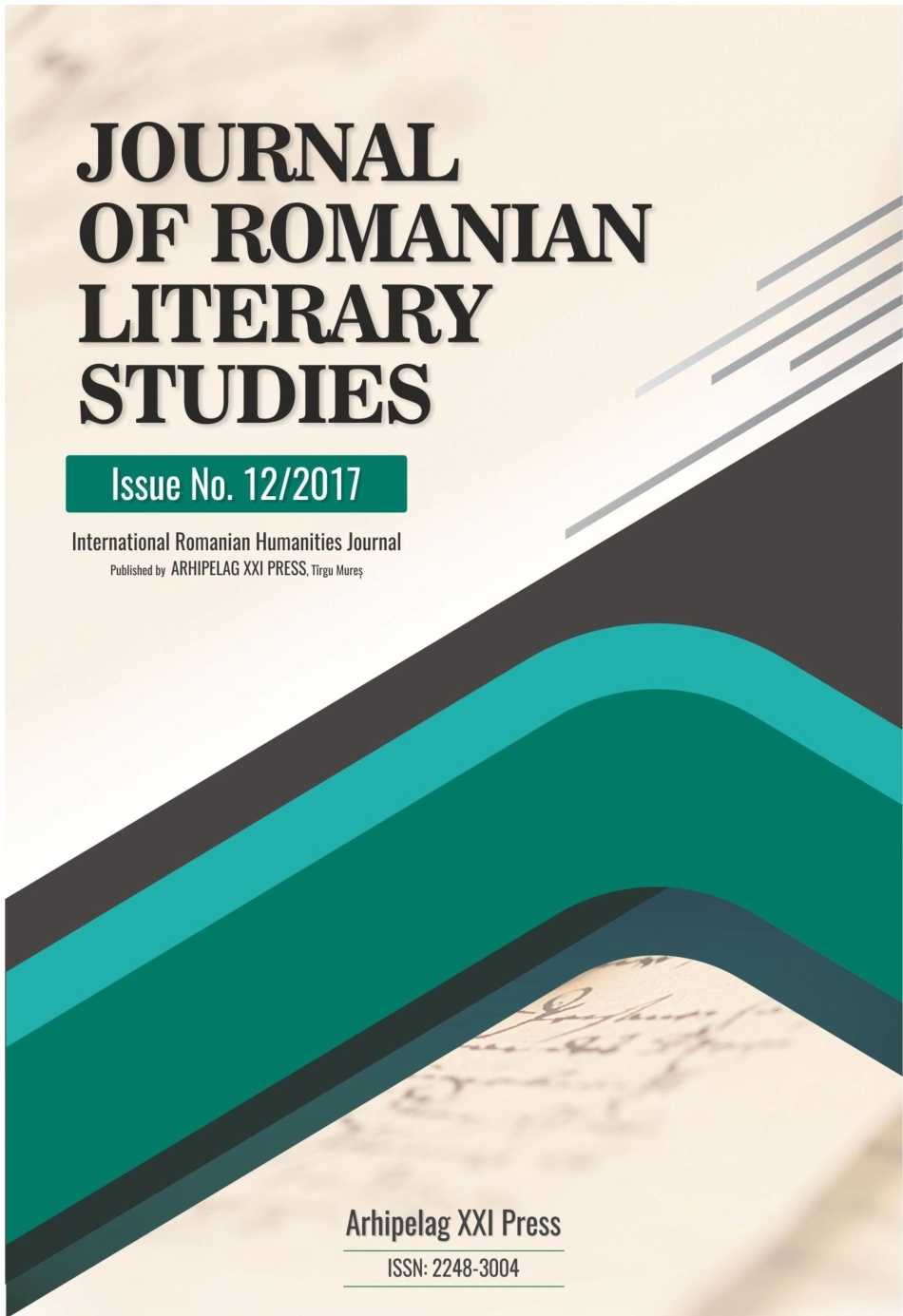ETHICS OF IMMANUEL KANT AND RELIGION WITHIN THE LIMITS OF SIMPLE REASON
ETHICS OF IMMANUEL KANT AND RELIGION WITHIN THE LIMITS OF SIMPLE REASON
Author(s): Nicolae IugaSubject(s): Ethics / Practical Philosophy, Early Modern Philosophy, Philosophy of Religion
Published by: Editura Arhipelag XXI
Keywords: Ethics; Immanuel Kant; categorical imperative; religion;
Summary/Abstract: In Critique of Practical Reason, Immanuel Kant shows explicitly that we could not do a worse service of morality than if we wanted to be examples. For every example that is presented to us must be judged by the principles of morality first, to know whether it is worthy to serve for example, the original, that is the model. Thus the theory of the categorical imperative is subordinated to a logical problem. It postulates that there may be sentences in our consciousness that come neither from the observation nor from any reasoning with the starting point in another preface. In order to understand the nature of the categorical imperative, we must relate to the famous theory of synthetic judgments a priori. Our observations on the objects of the common experience, as well as the propositions of science, are only possible thanks to the forms that the spirit receives from nowhere else but from its own constitution.
Journal: Journal of Romanian Literary Studies
- Issue Year: 2017
- Issue No: 12
- Page Range: 32-39
- Page Count: 8
- Language: Romanian

